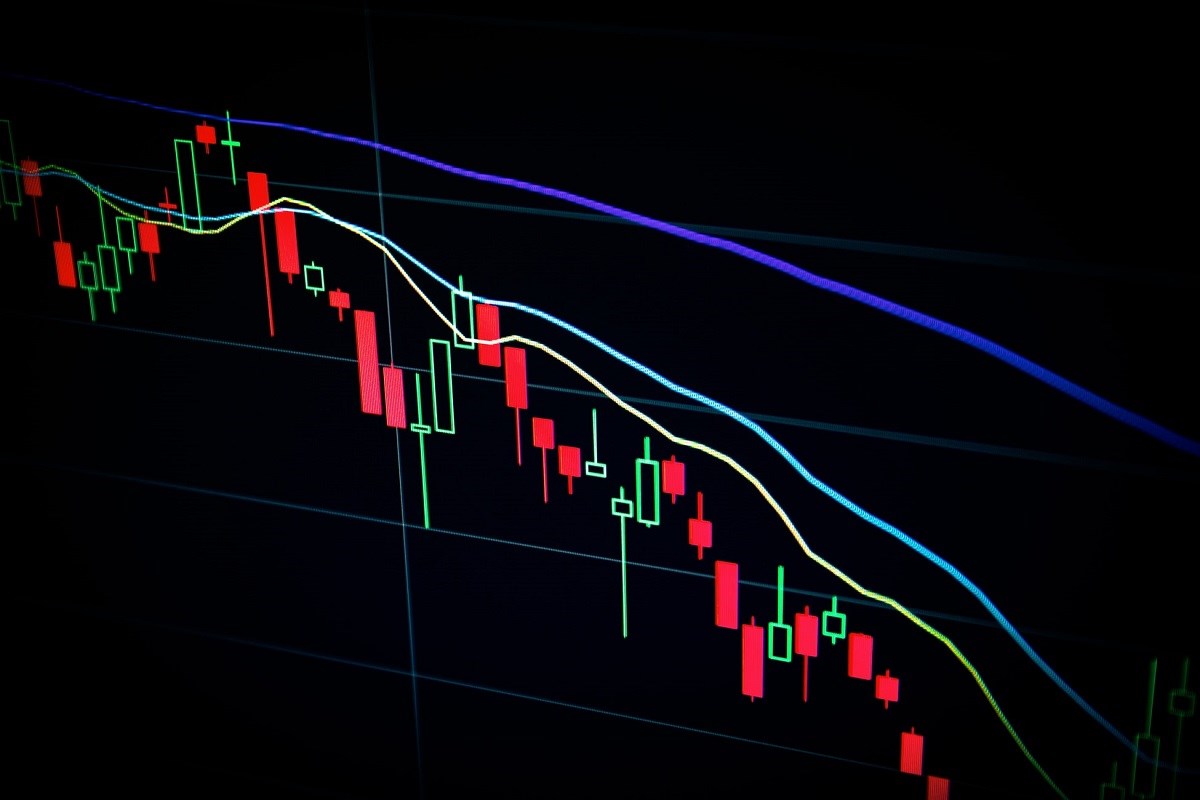
Imagine going out to buy a T-shirt, picking one from the "eco" range, and then coming home to read that, while the T-shirt is made with environmentally friendly products, the company which made it is lagging when it comes to other aspects of sustainability.
The same thing could be happening with your investments. This is becoming more widely known as “greenwashing”, a marketing spin on a product using deception to persuade the end-user that the products and policies are indeed environmentally friendly.
Greenwashing has been on the rise in recent years, particularly within the consumer staples space, but it could easily be happening with investments too.
While everybody has individual views on what is deemed “ethical”, it should be easy enough to find out whether a fund company is indeed green or just greenwashing.
Firms Must Practice What They Preach
Environmental, social and governance (ESG) has risen in popularity as theme over the past few years among investors wanting to use their money for good. Being ethical in life now can mean more than getting rid of single-use plastics or driving an electric car.
Most investment companies now have statements on how they run the business and include information on what they are doing to implement socially responsible investing. But Chris Gardner, co-founder of Atelier Capital Partners says this needs to go beyond a page on a website. “Where a company is making the sounds and taking the right actions in certain part of their business, we have to accept that it’s an imperfect world. And with something like carbon reduction for example, or running your business ethically, it is such an enormous challenge across your value chain, and you have to start somewhere,” he says. “I think we have to be tolerant and give people the benefit of the doubt that they’re not greenwashing.”
Each company that says it has an ESG plan will have an annual report, and good companies will have someone overseeing how the business operates and if it is in an ethical manner.
Gardner adds that businesses should be producing annual ESG reports and making these available for anyone to read.
But another point is to see if the managers themselves have the courage of their conviction and follow through on what they preach. He adds: “Have a look at what other people are saying online about how the business is operated.”
It is also important to know more about the plan of action for the future to ensure it is not just a bandwagon exercise, but something that the managers are in for the long haul.
ESG Will Become Mainstream
Rebecca Craddock-Taylor, director of sustainable investment at Gresham House Asset Management believes that in the next 10 years the view that sustainable investing is a fad will be removed from conversation. “Understanding if an investment is sustainable or not is not a binary question and is difficult to assess from an ESG rating alone," she says. "The solutions required to address the environmental and social challenges that we face are not necessarily included in ESG rating providers’ universes and therefore investors must look beyond passive ESG funds.”
While there is no rulebook on sustainability, or strict regulation of how firms must manage their ESG practices, taking steps to provide solutions is the first challenge. This can, however, make it difficult for people to see the wood from the trees, especially if there is no standardisation across the industry; something which is in its early stages of development.
Although it is important to remember that not all sustainability outcomes can be measured quantitatively, Craddock-Taylor adds. “There are some metrics that are easily measurable, but the ongoing impact of those aspects can be much broader.”
An example of a company maintaining good ESG practices is to find out if it is improving its board diversity, for example. While this is not covered under the term “ethical” investing, it could certainly tick the social aspect of ESG.
The shift towards ethical investing has been touted by many as generational. Holding companies to account for their impact on society has meant an increase in transparency and reporting has been enhanced through digital searches and social media.
David Osfield, manager of the EdenTree Amity Balanced fund says investors need to be “fully aware” of these powerful forces. He believes it is “critical” to assess both the intentions of a company’s approach as well as its broader strategies and execution. “We also need to guard against greenwashing and creative marketing, and hold companies to account for overstating the sustainable nature of their offering,” he adds.
One day this may be a thing of the past, but for now investors looking for a true ESG fund still need to be vigilant. As there is no set legislation as to how companies report on their ESG efforts, engagement is the first step until there is common ground and no greenwashing.
Passionate About Investing in New Ideas?
Explore the Latest Global Thematic Fund Landscape Report Here




















